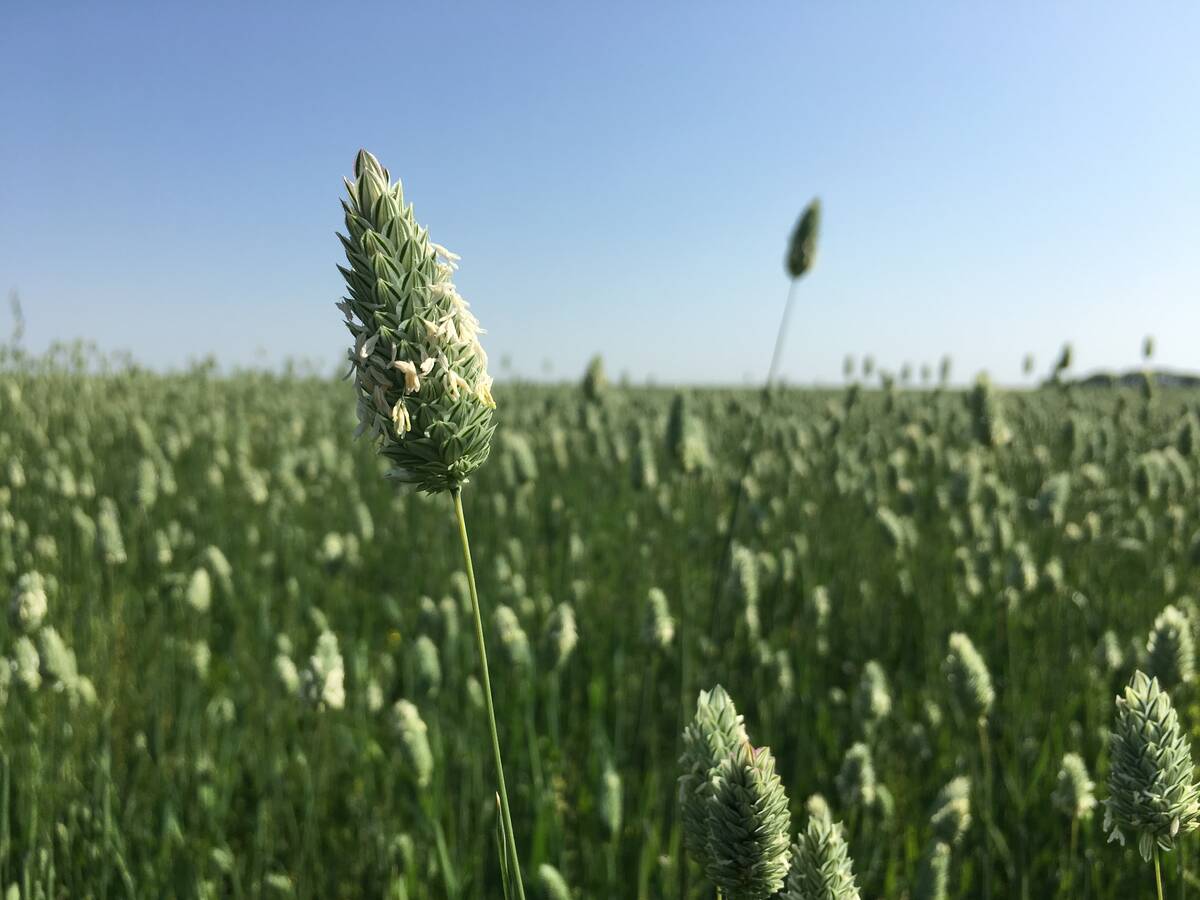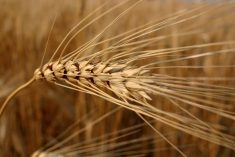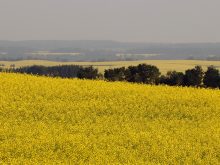The food panic that has shaken the world this year is generating speculation that wealthier developing countries and oil-rich countries may start to invest in production in poorer places to improve their own access to food.
For example, Saudi Arabia is oil rich but water poor. This year it announced it would stop subsidizing irrigated food production at home so as to conserve water. Reuters reports that the Saudis are offering to work with domestic agricultural companies to invest in production of cereals, meat and vegetables in countries such as Brazil, Thailand and India.
Read Also

No special crop fireworks expected
farmers should not expect fireworks in the special crops market due to ample supplies.
Another OPEC member, the United Arab Emirates, is talking with Pakistan about a framework to invest in its agriculture to secure cheaper, long-term supplies of rice and wheat.
Egypt and its southern neighbour, Sudan, are considering working together to develop about two million acres in their border area straddling the Nile River to grow wheat. Egypt is usually the largest or second largest importer of wheat in the world, annually buying more than six million tonnes. Sudan usually imports about two million tonnes.
Egypt’s next door neighbor, Libya, is said to be negotiating with Ukraine about ways to guarantee access to wheat.
The giant on this scene is China, which is already scouring the world looking to invest in raw materials and energy to keep its booming economy on track. The Financial Times of London reported China’s agriculture ministry has drafted a proposal for the government to adopt a policy to support private Chinese companies investing in farms overseas, particularly Brazil and Africa.
China is cautious about perceptions that it would invest in production to ship back home, but leave local populations in Africa or South America hungry. Its reputation already suffered from its unsuccessful bid to buy U.S. oil company Unocal, which ran into heavy American political opposition.
However, China struggles to keep up to rising food demand because of overtaxed water resources and dwindling arable land and there appears to be support for overseas land acquisitions to help ensure food supplies.
China has already set up 14 demonstration farms in Africa to help countries there improve grain production.
Chinese companies have invested in rubber and palm plantations in southeast Asia and one company has a soybean production base in Siberia.
Don’t be surprised if the Chinese and Arabs are soon in Western Canada kicking the tires on possible food production and processing ventures.














